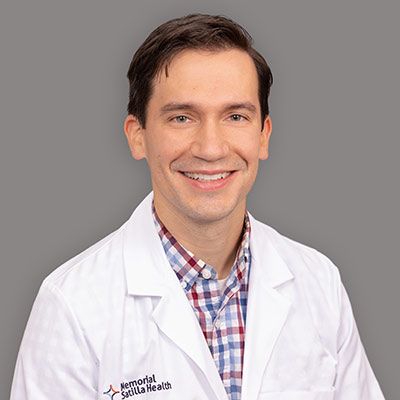
One of the most common complaints many of my patients have is shoulder pain. There are many reasons why someone’s shoulder may hurt, but one of the more common maladies is a torn rotator cuff.
The rotator cuff is a group of muscles that provide strength and balance to your shoulder allowing you to raise your arm overhead. If your rotator cuff is intact, you will have a stable and pain free shoulder. If a tear develops in the rotator cuff, the shoulder becomes painful and unstable.
A rotator cuff tear can occur in a variety of ways such as a fall, an injury when playing sports, or through wear and tear over time. The most common symptoms of a torn rotator cuff are pain, followed by weakness and difficulty raising the arm overhead. The pain can occur on the side of the shoulder or at the base of the neck. The pain is typically worse when you raise your arm overhead and can also wake you up at night and affect your sleep. A torn cuff can be debilitating, limiting your daily activities or job duties.
Many types of tears can develop in the rotator cuff. An MRI is typically needed to identify how extensive the tear is and which muscles are affected. Will you need surgery? Several factors, including the ones below, help us determine if surgery is the right treatment plan:
- Size of the tear
- How extensive is the tear?
- Amount of muscle atrophy
- How other structures in the shoulder have been affected
When someone first presents to my office with symptoms of a rotator cuff tear, we always first discuss non-surgical treatment options. While a tear in the rotator cuff tendon does not heal on its own without surgery, many patients can achieve improvement in their symptoms utilizing non-surgical treatments. These include a variety of techniques, such as:
- Physical therapy
- Home exercise program
- Anti-inflammatory medications to help improve pain
- Cortisone injections
When these measures fail and a patient still has continued pain, weakness, and limited motion overhead, then surgery may be offered as a treatment option.
For more information on orthopedic care, visit the orthopedic care page on the Memorial Satilla Health website.
About the Author:  Jonathan Callegari, DO is an orthopedic surgeon specializing in orthopedic care for men and women in Waycross and the surrounding communities. Working as an orderly in a trauma center piqued Dr. Callegari’s interest in medicine where he followed his passion and earned his medical degree from Lake Erie College of Osteopathic Medicine in Erie, PA. He completed his residency in orthopedic surgery at LECOM/Millcreek Community Hospital in Erie, PA. Dr. Callegari completed his fellowship in shoulder and elbow surgery from Oregon Shoulder Institute.
Jonathan Callegari, DO is an orthopedic surgeon specializing in orthopedic care for men and women in Waycross and the surrounding communities. Working as an orderly in a trauma center piqued Dr. Callegari’s interest in medicine where he followed his passion and earned his medical degree from Lake Erie College of Osteopathic Medicine in Erie, PA. He completed his residency in orthopedic surgery at LECOM/Millcreek Community Hospital in Erie, PA. Dr. Callegari completed his fellowship in shoulder and elbow surgery from Oregon Shoulder Institute.
$webqFacilityNumber
Need a Physician?